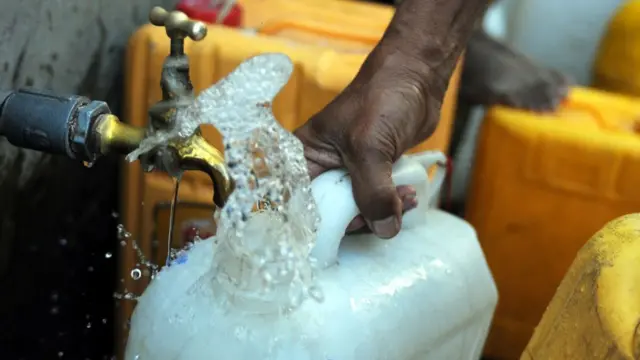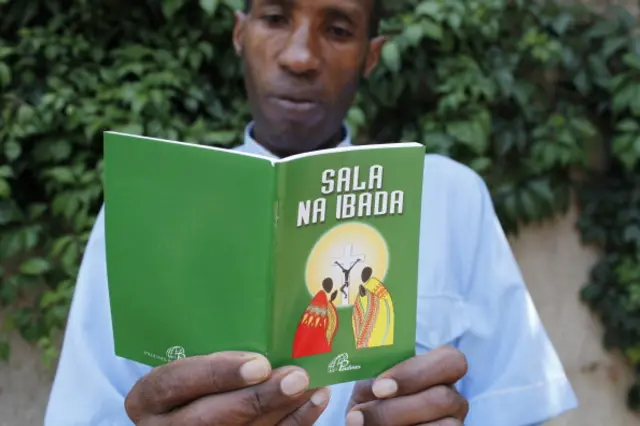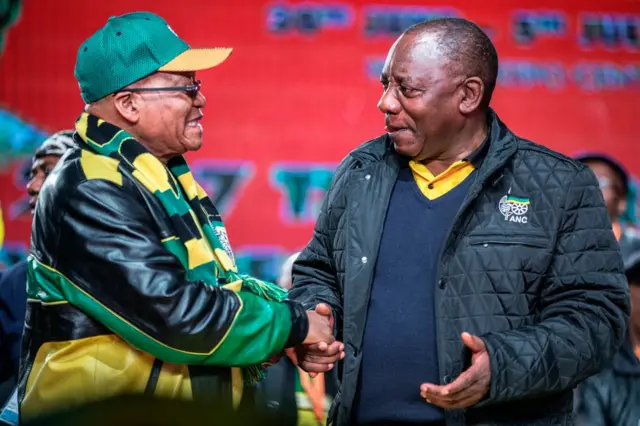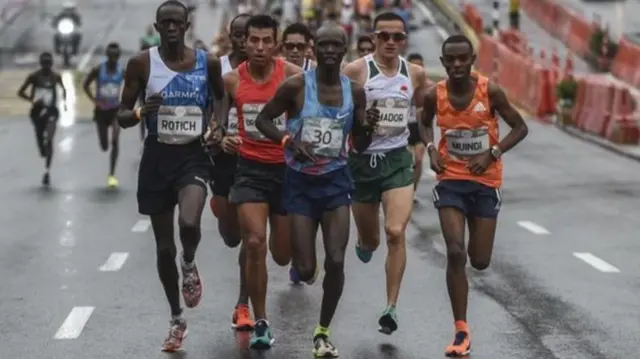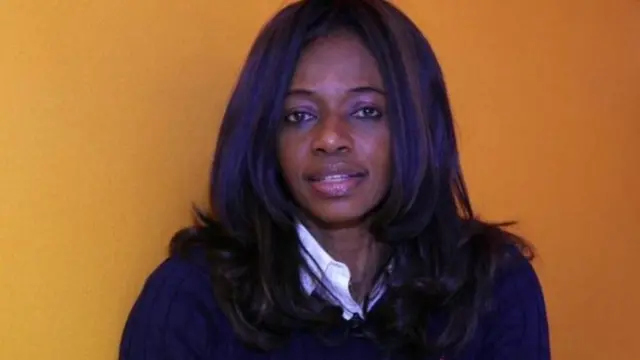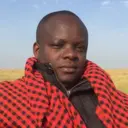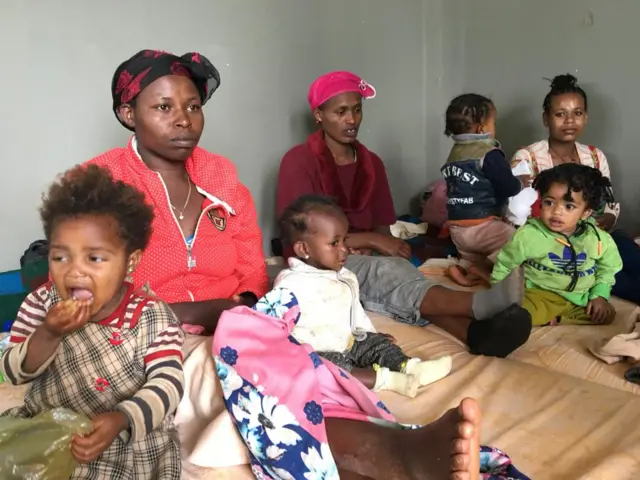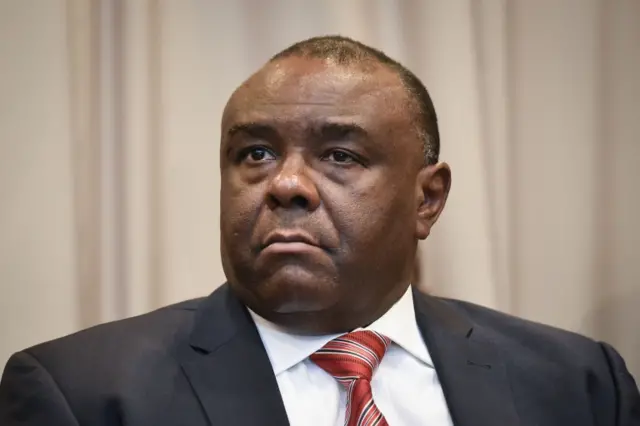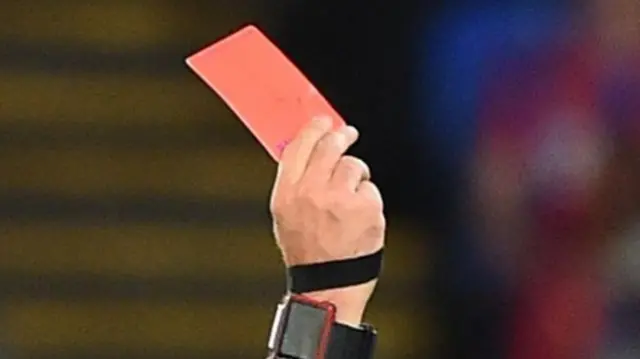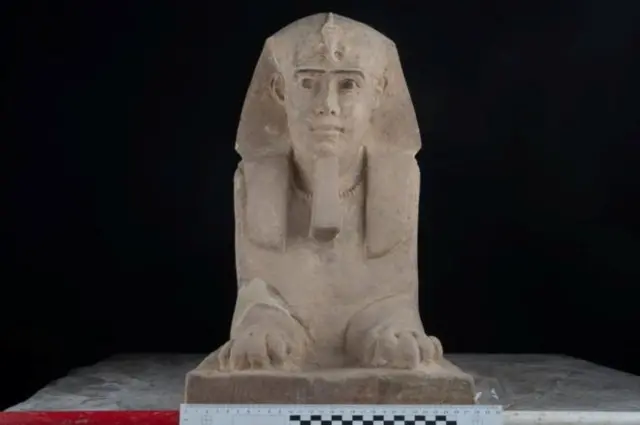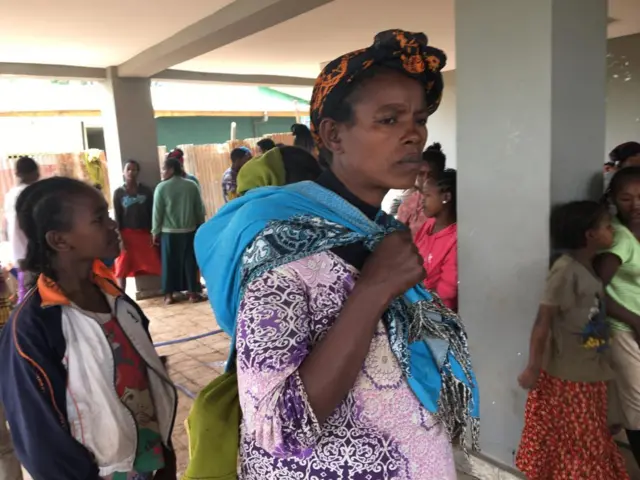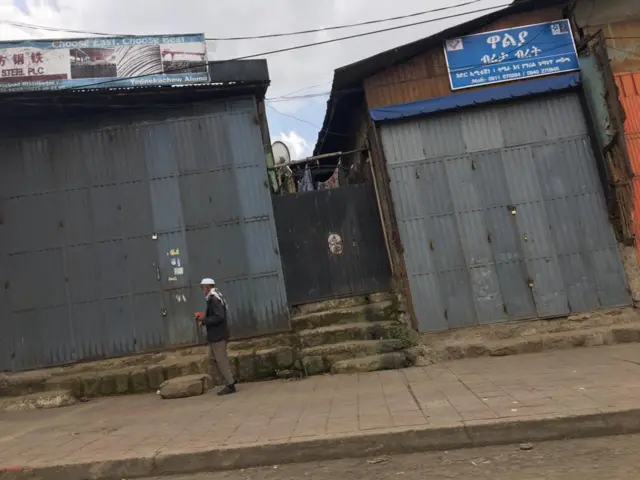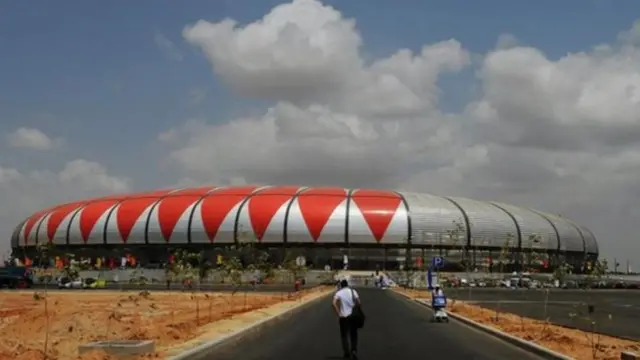Kenya sniffer dogs fail to detect drugspublished at 11:08 BST 18 September 2018
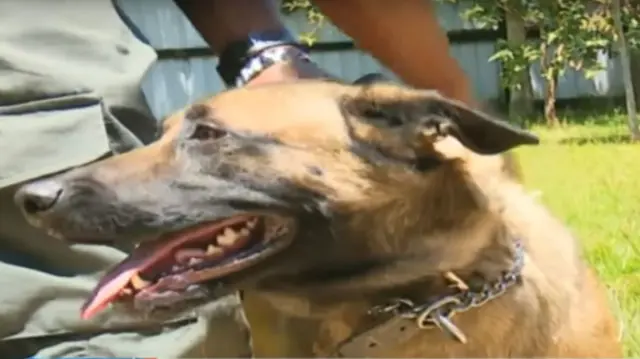 Image source, NTV
Image source, NTVThe gaffe has been widely reported by local media
A demonstration by elite sniffer dogs in Kenya's capital, Nairobi, on Monday went awry when the animals failed to detect illicit goods.
Kenya Revenue Authority's event at Jomo Kenyatta International Airport was meant to showcase the dogs' abilities.
But it has left some questioning whether the animals are worth the reported monthly cost to taxpayers of $595 (£453), external.
Plenty of people on social media have mocked the botched demonstration:
Allow X content?
This article contains content provided by X. We ask for your permission before anything is loaded, as they may be using cookies and other technologies. You may want to read X’s cookie policy, external and privacy policy, external before accepting. To view this content choose ‘accept and continue’.
Allow X content?
This article contains content provided by X. We ask for your permission before anything is loaded, as they may be using cookies and other technologies. You may want to read X’s cookie policy, external and privacy policy, external before accepting. To view this content choose ‘accept and continue’.
Allow X content?
This article contains content provided by X. We ask for your permission before anything is loaded, as they may be using cookies and other technologies. You may want to read X’s cookie policy, external and privacy policy, external before accepting. To view this content choose ‘accept and continue’.


